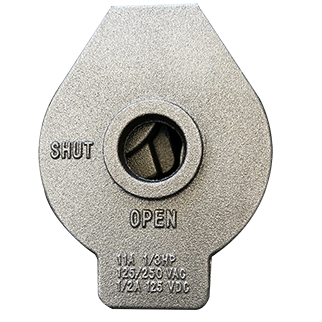دسامبر . 14, 2024 09:34 Back to list
Different Types of Home Gas Boilers and Their Features
Types of Domestic Gas Boilers
When it comes to heating our homes, gas boilers are among the most popular choices due to their efficiency, reliability, and cost-effectiveness. Understanding the different types of domestic gas boilers is essential for homeowners looking to optimize their heating systems, reduce energy bills, and enhance overall comfort. In this article, we will explore the four primary types of domestic gas boilers combi boilers, system boilers, regular boilers, and condensing boilers.
1. Combi Boilers
Combination boilers, or combi boilers, are compact units that provide both heating and hot water on demand. They are particularly well-suited for homes with limited space, as they do not require a separate hot water cylinder or cold water storage tank. Combi boilers heat water directly from the mains supply, meaning there is no need for a stored hot water supply. This instant access to hot water is a significant advantage, particularly for households with higher hot water demands. However, it’s essential to ensure that the water pressure in your home is adequate for a combi boiler to function effectively.
System boilers are an excellent choice for homes with a higher demand for hot water. Unlike combi boilers, they use a separate hot water cylinder to store hot water for use throughout the home. This means that multiple taps can be used simultaneously without a reduction in water pressure. System boilers are also easier to install than regular boilers since they have built-in components, such as the pump and expansion vessel, which are typically found in a regular system. However, they do require space for the hot water cylinder and associated plumbing.
types of domestic gas boilers

3. Regular Boilers
Regular boilers, also known as conventional or traditional boilers, consist of a boiler, hot water cylinder, and cold water storage tank. These systems work well in larger homes with multiple bathrooms, as they can provide a significant amount of hot water simultaneously. One of the main advantages of regular boilers is their ability to meet high demands for hot water. However, they take up more space due to the need for additional tanks and cylinders, and they require a more complex installation process. For this reason, regular boilers are often found in older homes that have existing infrastructure to support them.
4. Condensing Boilers
Condensing boilers are a type of boiler that utilizes advanced technology to achieve exceptional energy efficiency. They work by capturing the heat that would typically be expelled through the flue and using it to preheat incoming cold water. This process can lead to energy savings of up to 30% compared to traditional non-condensing models. Condensing boilers can be either combi, system, or regular types, making them versatile for various household needs. The key point is that all condensing boilers must be installed in a way that allows for the safe disposal of the additional condensate produced during operation.
Conclusion
Choosing the right type of gas boiler for your home depends on your specific requirements, including the size of your household, your hot water demand, and the available space for installation. Combi boilers are best for smaller homes or those with limited hot water needs, while system and regular boilers suit larger households with higher demand. Condensing boilers offer energy efficiency and can come in all these forms. Ultimately, consulting with a qualified heating engineer can help you make an informed decision tailored to your home’s unique heating needs. Investing in the right gas boiler not only enhances comfort but also contributes to energy savings and a more sustainable home.
-
Centrifugally Cast Iron Water Main Pipe | Ductile Iron Solutions
NewsAug.24,2025
-
Durable Cast Steel Concrete Pipe Mold Bottom Rings & Base Trays
NewsAug.23,2025
-
Centrifugally Cast Iron Water Main Pipe for Reliable Mains
NewsAug.22,2025
-
Durable Centrifugally Cast Iron Water Main Pipe
NewsAug.11,2025
-
Centrifugally Cast Iron Water Main Pipes for Reliability
NewsAug.10,2025
-
High-Quality Centrifugally Cast Iron Water Main Pipes
NewsAug.09,2025


